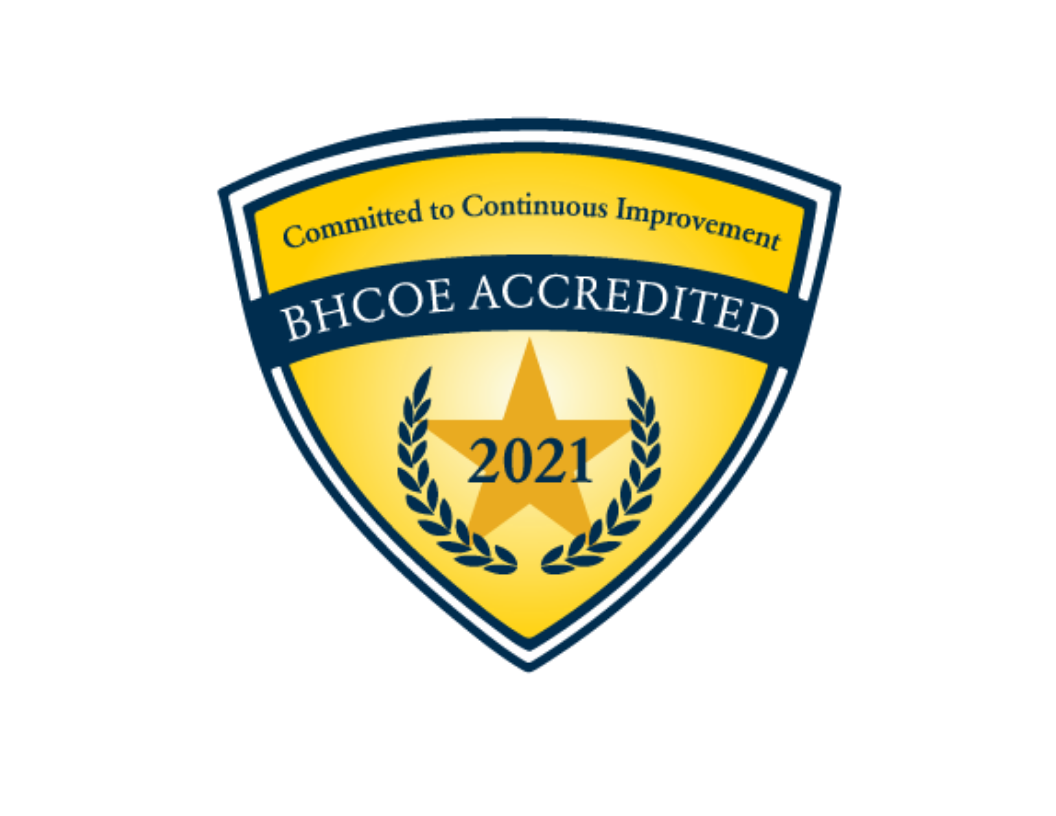Education in society is an essential need and begins as young as two years old and can continue for many decades. During the early years of education through college, parent involvement is key to the success of all students. However, that is not always the case for some students in elementary school who are left alone to figure out their next steps in their educational path.
What we know: Parents tend to lack involvement in their children's educational needs after elementary school. This happens for many reasons such as divorce, a struggling single family, families being embarrassed because of a lack of understanding about school related topics and an uncertainty about commitment to the student and the school for each child (LaBahn, 1995).
What we don’t know: The current research shows why parents may be less involved. What we don’t know is how soon they become less involved, and do they resurface with involvement or is it a drastic halt?
Need for further study: Most of the studies that are completed are for early education. However there needs to be more research about the high level of parental involvement in their child’s education from middle school to post-secondary avenues. This could possibly explain why parents lose interest as the child goes further into their education. (Dwyer. and Hecht., 1992. P. 282).
The involvement of the family unit is key to our children's success in school at all levels. Helping that child stay focused and providing a sense of protection for children who may struggle in their academics and can be left behind if the parent is not aware or paying attention.
The list below offers a few tips for family involvement that may improve the child’s education interaction.
Making sure the child is present for school and on-time.
Attending open houses, parent teacher conferences, and school activities.
Checking in with teachers at least once a month, if you notice your child is not improving check in more frequently.
Join the PTA or committees.
Track daily agenda checks on your personal calendar, google classroom, or outlook.
Create a goals board in the house to check off school assignments that were completed for that week to be tallied for a reward.
Ask your child what they learned in school and what their emotions are about school every other day or weekly.
Education can be a learning experience for the whole family don’t miss out on the adventure!
References:
LaBahn, J. (1995). Education and parental involvement in secondary schools: Problems, solutions, and effects. Educational Psychology Interactive. Valdosta, GA: Valdosta State University.
Dwyer, D., & Hecht, J.B. (1992). Minimal Parental Involvement. School Community Journal, 2, 53-66.
By: Kelli R. Matthews



